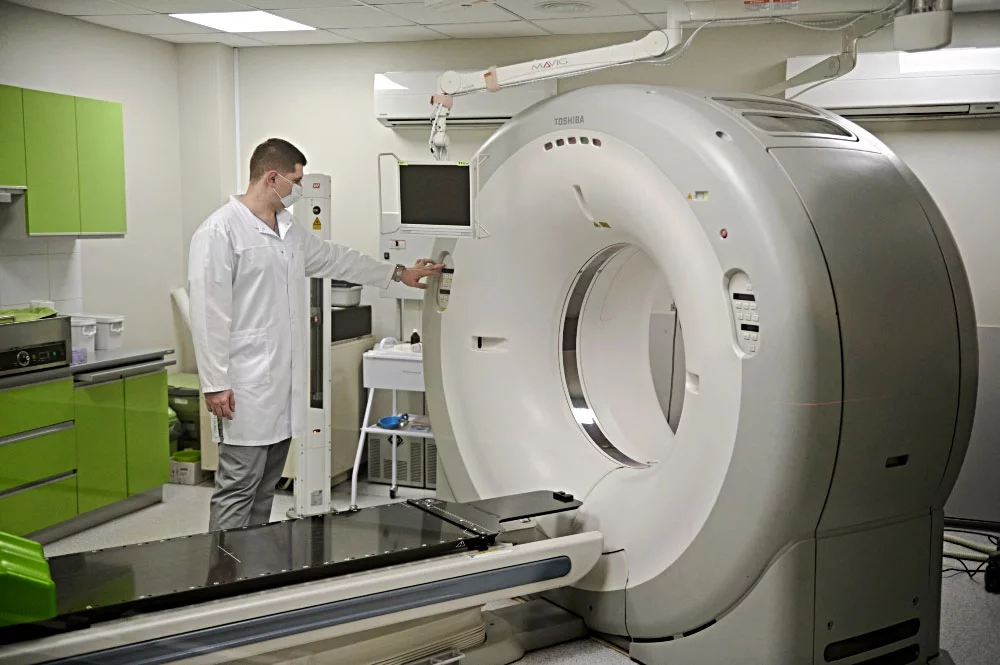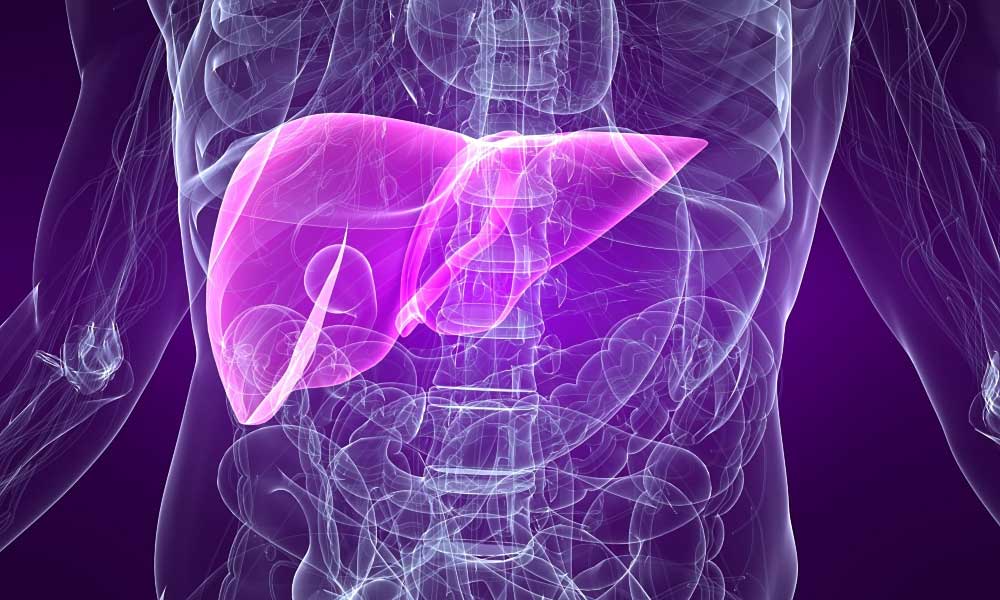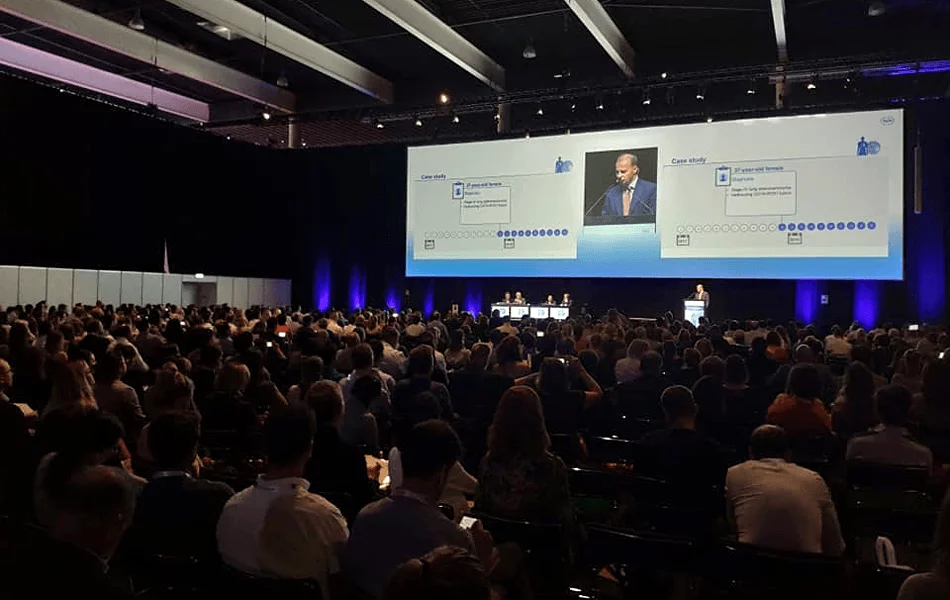How long does radiation therapy take?
“I heard that my treatment will last at least seven weeks. I mean radiation therapy. Is it normal? Will the tumor receive the necessary dose of radiation?” — our patient asked us after seeing his radiation therapy scheme.
Our experts hear such questions very often, so we will answer them to share useful information with you.
Seven weeks are no exception: most of our patients receive radiation therapy for nearly 5-7 weeks during every working day. A radiation therapy session lasts from 10 to 20 minutes.
Why the whole dose cannot be given at a time?
The head of the TomoClinic radiation therapy department, radiation therapist Natalya Seregina answered this question: “It is necessary that healthy tissue can sufficiently recover between sessions. We also should minimize long-term side effects as it possible. Our radiotherapists determine the duration of the course. It depends on international protocols for conducting radiation therapy at various locations of the tumor process. We use radiation therapy schemes to optimize your treatment and make it as effective and as gentle as it possible”.
What determines the individual radiation scheme?
The treatment scheme largely depends on the type, localization (location) of the tumor and the purpose of radiation therapy.
- In the case of palliative (supportive) treatment shorter courses of radiation therapy are often performed. It is necessary to remove the symptoms of the disease that are severe for the patient or try to stop the growth of a malignant formation, metastases with a common tumor process. 1-15 sessions can be prescribed, it depends on the patient’s previous special treatment, radiation doses (while it is repeated radiation therapy).
- In case of radical radiation therapy program long-term courses of treatment are used. They take up to 6-7 weeks, when we hope to cure the patient or to achieve a long-term remission of the disease.
- Radiation therapy is also carried out as a preventive measure in order to minimize the risk of local relapse. Postoperative radiotherapy courses are also usually quite long: they can take 3-6 weeks. For example, the duration of radiation therapy of breast cancer depends on the stage of the disease, the lesion volume before treatment and the biological characteristics of the tumor.
 Natalya Seregina noted an important point while speaking about a postoperative course of radiotherapy for breast cancer: “Using the latest planning technologies we can give a higher dose on the tumor bed (the so-called integrated boost) compared to a single dose for the entire mammary gland. Thus, we do not increase the time for the postoperative course of radiation therapy. It is a significant advantage for our patients”.
Natalya Seregina noted an important point while speaking about a postoperative course of radiotherapy for breast cancer: “Using the latest planning technologies we can give a higher dose on the tumor bed (the so-called integrated boost) compared to a single dose for the entire mammary gland. Thus, we do not increase the time for the postoperative course of radiation therapy. It is a significant advantage for our patients”.
- The course of radiation therapy of head and neck is usually long. It is about two months. Most often we need to irradiate not only a tumor, but also regional (nearby) lymph nodes of the neck. Small doses in one session are needed because we have such volumes and high sensitivity of the mucous membrane of the pharynx and oral cavity to radiation. So we do so for healthy organs. They have time to recover between the sessions.
Natalya Seregina: “We also use IMRT technology — modulated intensity radiation therapy, which has great importance. Advanced planning technology allows you to protect healthy organs as much as possible, reduce the manifestation of toxic effects and conduct a course of treatment without interruptions, which greatly increases the patient’s chances of full recovery. IMRT is the globally recognized gold standard in radiation therapy for head and neck tumors”.
- We widely apply such a modern method as radiosurgery, using targeted, very accurate radiation in large doses to destroy the cells of the malignant tumor completely. Phased radiosurgery also known as multisession radiosurgery. High total dose is divided into several sessions: usually two to five. This phased treatment kills the tumor effectively with minimal impact on surrounding tissue. This method is especially relevant for metastases to the brain and for the oligometastatic* disease.
The question of the duration of treatment is decided only individually for each specific case.
Most patients require radiation therapy for five days a week — from five to seven weeks.
The specialist should study and analyzes the medical documentation, talk with you and examine you. Finally, you will decide on the duration of the treatment after that. The consultation of our experienced radiation therapist will fully clarify the situation. You will get help and support.
*Oligometastatic disease is a type of metastasis while cancer cells from the initial (primary) tumor pass through the body and form a small number of new (metastatic) foci in one or more parts of the body (usually up to 5 foci).








